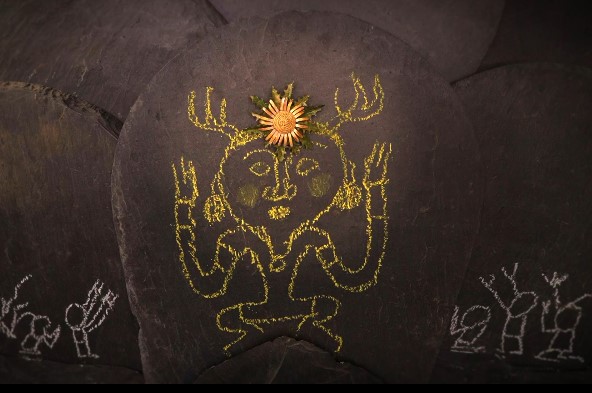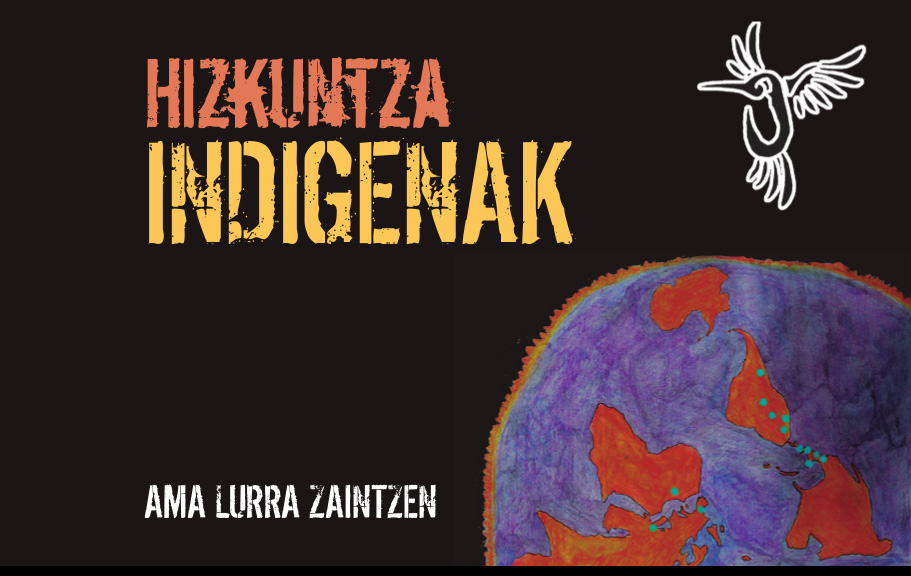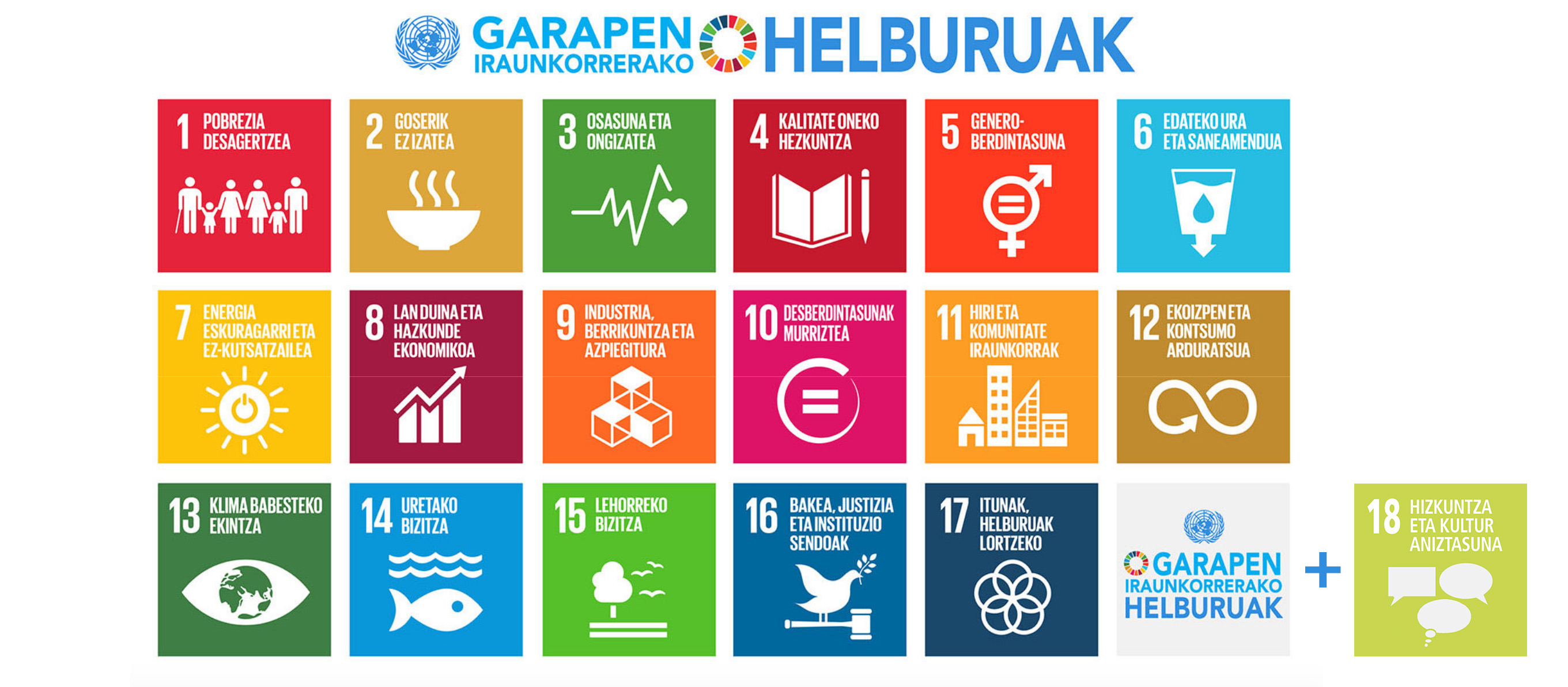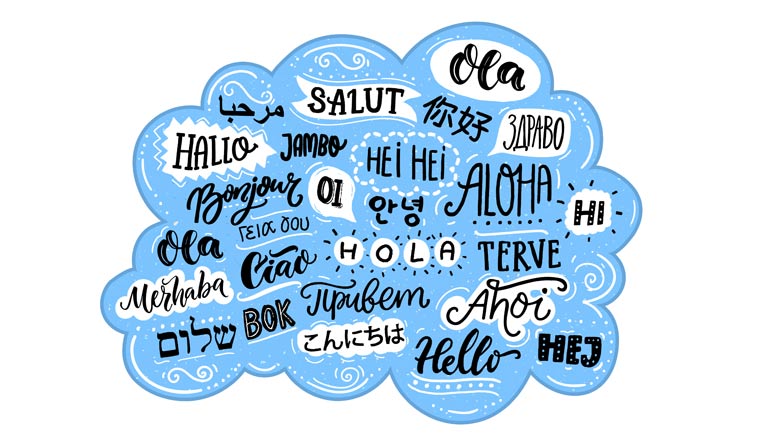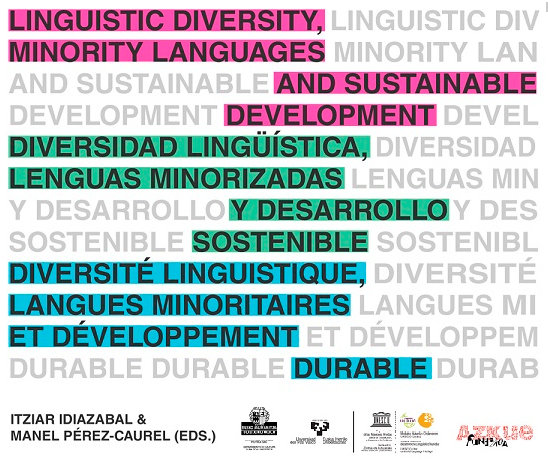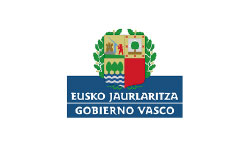The UNESCO Chair of World Linguistic Heritage

The UNESCO Chair of World Linguistic Heritage of the University of the Basque Country (UPV/EHU) is a Unesco Chair specializing in minority languages and integrated into the UNITWIN network. The chair focuses on cultural and linguistic wealth, focusing especially on vulnerable and endangered languages. In order to contribute to the protection of the linguistic heritage of mankind, promote quality multilingual education and promote initiatives that value linguistic and cultural diversity, the Chair carries out the following actions:
- Analysis, description and dissemination of local and foreign linguistic heritage.
- To disseminate knowledge and promote training and research on minority and vulnerable languages in danger of extinction.
- Research into the characteristics and values of multilingual education, focusing in particular on the minority language, while at the same time making known the foundations for ensuring inclusive and fair training.
- To promote and strengthen cooperation between international bodies working on linguistic heritage and to develop joint initiatives with these networks.
- To promote research and training initiatives aimed at making the language and cultural heritage of the Basque Country aware of its diversity and strengthening its best management.

